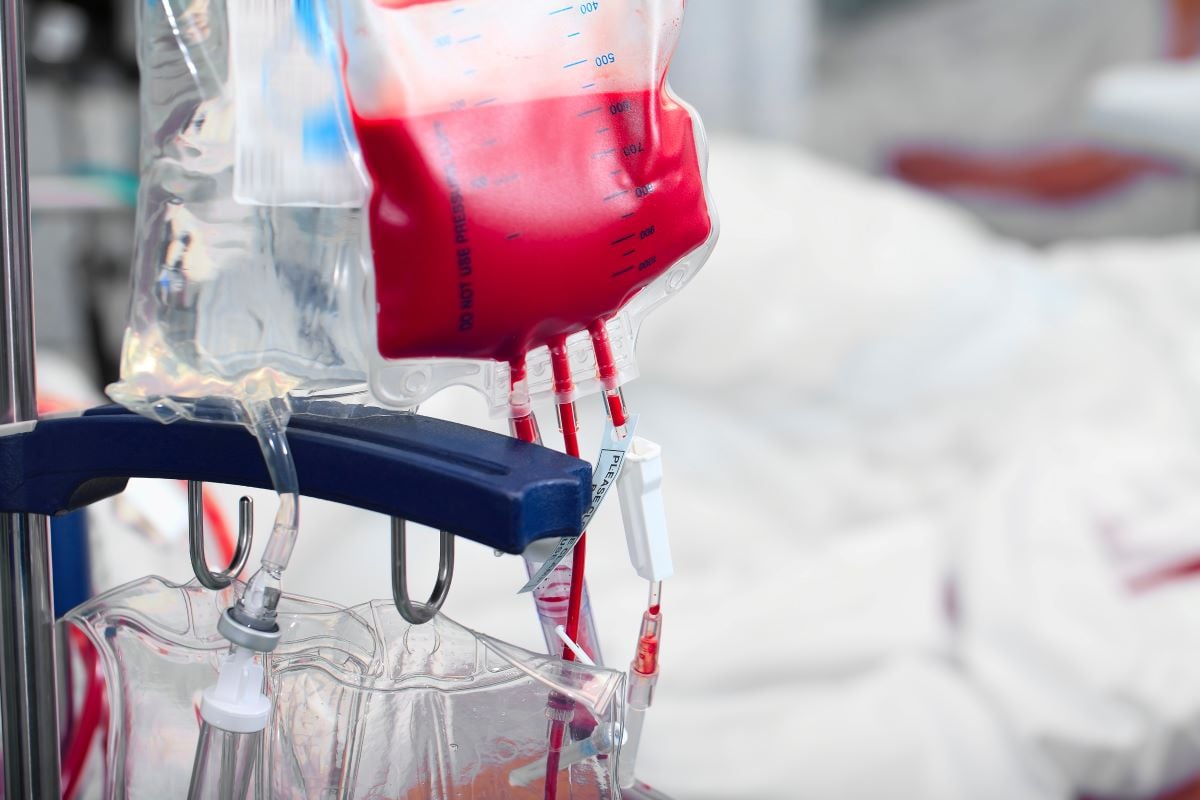Fewer patients with acute brain injury receiving transfusion triggered by hemoglobin <9 g/dL versus <7 g/dL had unfavorable neurological outcome
By Elana Gotkine HealthDay Reporter
FRIDAY, Oct. 11, 2024 (HealthDay News) — For patients with acute brain injury, a liberal transfusion strategy is associated with a lower risk for having an unfavorable neurological outcome, according to a study published online Oct. 9 in the Journal of the American Medical Association to coincide with the annual congress of the European Society of Intensive Care Medicine, held from Oct. 5 to 9 in Barcelona, Spain.
Fabio Silvio Taccone, M.D., Ph.D., from the Université Libre de Bruxelles in Brussels, and colleagues examined the impact of two different hemoglobin thresholds to guide red blood cell transfusions on neurological outcome in patients with acute brain injury in a trial conducted in 72 intensive care units across 22 countries. A total of 850 patients were randomly assigned to undergo a liberal or restrictive transfusion strategy over a 28-day period (transfusions triggered by hemoglobin <9 or <7 g/dL, respectively [408 and 442 patients]).
The liberal and restrictive transfusion strategy groups received a median of two and zero units of blood, respectively. The researchers found that 62.6 and 72.6 percent of patients in the liberal and restrictive strategy groups, respectively, had unfavorable neurological outcome at 180 days after randomization (adjusted relative risk, 0.86). Across prespecified subgroups, the effect of transfusion thresholds on neurological outcome at 180 days was consistent. Overall, 8.8 and 13.5 percent of patients in the liberal and restrictive strategy groups, respectively, had at least one cerebral ischemic event (relative risk, 0.65).
“Our findings substantially expand the existing evidence in relation to transfusion thresholds for patients in the intensive care unit with an acute brain injury,” the authors write.
Copyright © 2024 HealthDay. All rights reserved.








